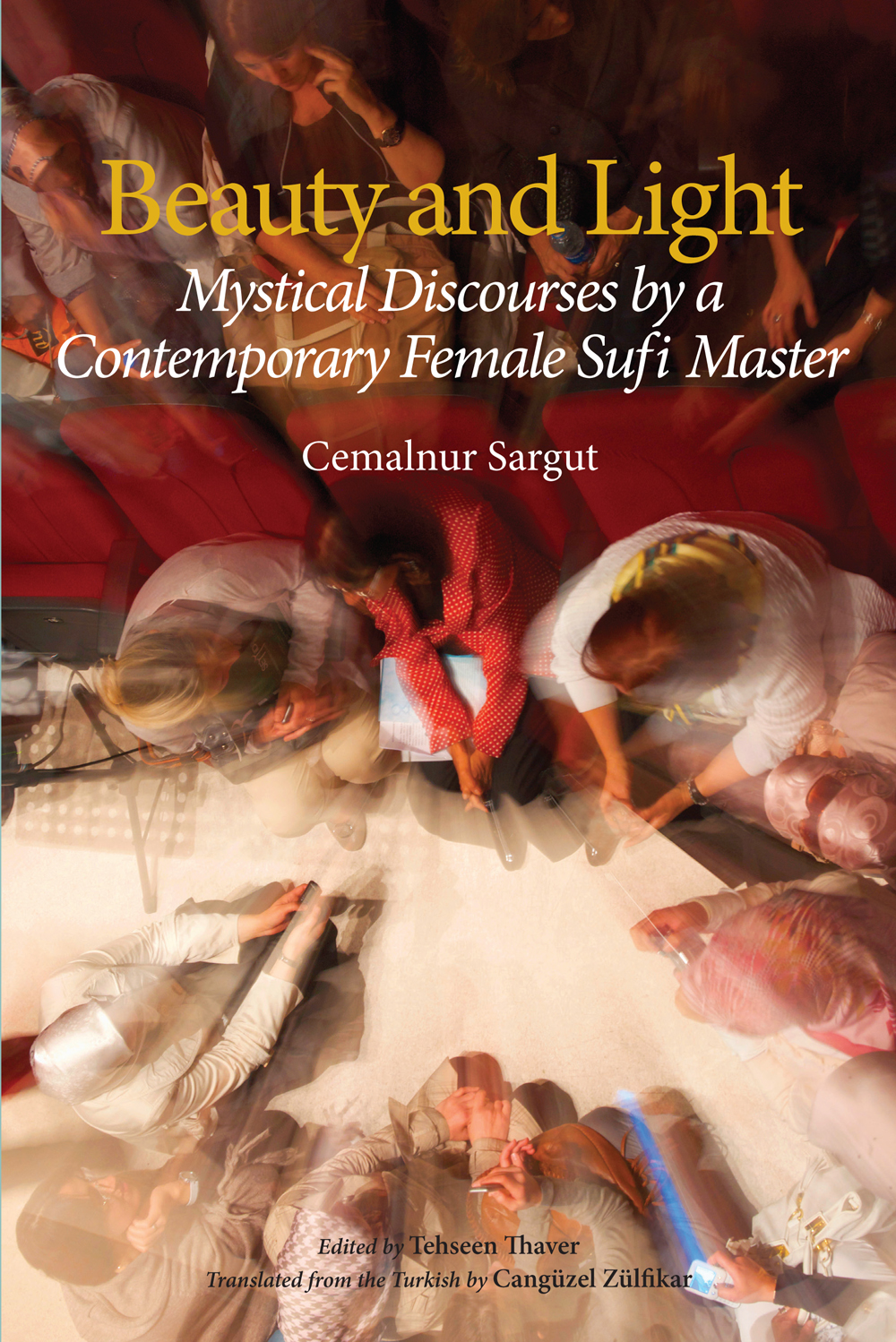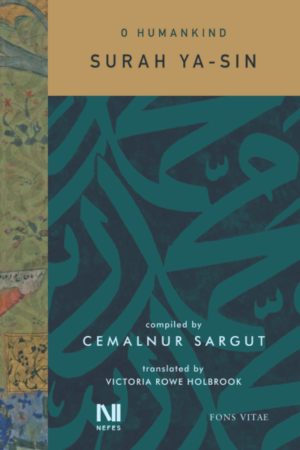“The spiritual disposition with which you are born will enable you, through your efforts, to attain that maturity. Even before you have a need for water, a spiritual teacher guides you to the water. This is what is most crucial. God grants His creatures what is required and desired by their abilities. He assigns to them the appropriate name as their destiny; human form, spirit, abilities, and attitude are written in the sperm of humans. People are bound to exist in their own form and spirit. They will necessarily have the abilities that they have, but they are free in their actions. So, while decree is predetermined, our destiny is determined by our actions. People say, “Your destiny is in your hands” without reflecting on what this means. Destiny is the fulfillment of decree. And the way our destiny is lived out is in our hands. Let’s say it is in a person’s destiny to become a beautiful person.
But trial and difficulty is also written for that person for the sake of their perfection. If they endure the trials and show contentment, that destiny will make them beautiful. If on the other hand they get stuck in a state where with each difficulty and affliction they question, “Why has this happened to me?” then trial and difficulty will not work to perfect them. Instead, they will remain “unripe.” This is why we must learn to be content with everything that happens to us. The things that happen to us change our inner structure. They transform us into diamonds when we are just carbon and coal. If instead of transforming into diamonds we insist on staying as coal and say, “No, I will not suffer any pain in this world!” then we will remain at the level of coal.
But if we are content with suffering, and if we treat pain not as pain but as a sign that the Beloved is with us, and if when difficulties arise we are able to say, “Praise be to God, this is from my beloved; He has considered me worthy of this, and He has loved me,” then difficulties will become delights that transform us into diamonds. To be clear, I am not suggesting that we ask for hardship. I am talking about hardship that is already present and destined to occur.”
Cemalnur Sargut, one of the Turkish leaders of the Rifa’i Sufi order, occupies a special place in the intellectual and social landscape of contemporary Islam. This is so for multiple reasons. As a female Sufi teacher who commands a loyal and active worldwide following, especially in Turkey, Sargut’s career as a scholar and Sufi leader represents an important case study in the dynamics of contemporary global Sufism. This volume represents the first text in English translation that brings together some of her major discourses and teachings as presented to her students through the genre of oral discourses. More Specifically, the discourses that form the core of this book were collected through oral interviews with Cemalnur conducted by her students as part of a weekly program aired on a national Turkish radio station. The original Turkish transcription on which this English translation is based is titled Dinle (Listen), and was published in 2012 by Nefes press.
Cemalnur Sargut, the Turkish leader of the Rifa’i Sufi order, occupies a special place in the intellectual and social landscape of contemporary Islam. This is so for multiple reasons. As a female Sufi teacher who commands a loyal and active worldwide following, especially in Turkey, Sargut’s career as a scholar and Sufi leader represents an important case study in the dynamics of contemporary global Sufism. This volume represents the first text in English translation that brings together some of her major discourses and teachings as presented to her students through the genre of oral discourses. More specifically, the discourses that form the core of this book were collected through oral interviews with Cemalnur conducted by her students as part of a weekly program aired on a national Turkish radio station. The original Turkish transcription on which this English translation is based is titled Dinle (Listen), and was published in 2012 by Nefes Press.
Footage excerpted from upcoming documentary ‘Die Before You Die,’ about contemporary female Sufi masters. Visit facebook.com/Shaykhafilm/ and slyproductions.org for more info.
Cemalnur has been actively training disciples and students worldwide in the teachings and practices of the Rifa’i Sufi order for the last forty years. While her oral and written discourses are widely available in Turkish, they have until now remained inaccessible to an English language audience. This book seeks to address this lacuna by introducing key aspects of her thought and spiritual orientation in English. This brief introduction provides readers with a broad outline of the key themes and concepts that animate the lineaments of Cemalnur’s thoughts as presented in this book. In addition, It hopes to provide readers with the intellectual and institutional context in which one might be able to place Cemalnur’s thought and scholarly career. More ever, it discusses the literary genre within Sufism and Islamic literature that corresponds to the kind of oral teachings and sermons that populate the pages of this book.
Cemalnur Sargut was born in Istanbul in 1952. After receiving her BSc in Chemical Engineering, she taught Chemistry for 20 years. Born into a Sufi family, she was interested in philosophy and examined the lives of great philosophers when she was young. After realizing that philosophy is not a kind of knowledge that can be lived, she looked for a model figure that lived his knowledge and thus found Mevlana Jalaladdin Rumi. Upon her teacher, Samiha Ayverdi’s request, she worked on the Quran and conducted a comparative study on Rumi’s Masnavi. Again on her teacher’s request she started giving Masnavi lessons to young people when she was 24, and since then she has reached millions of people.

